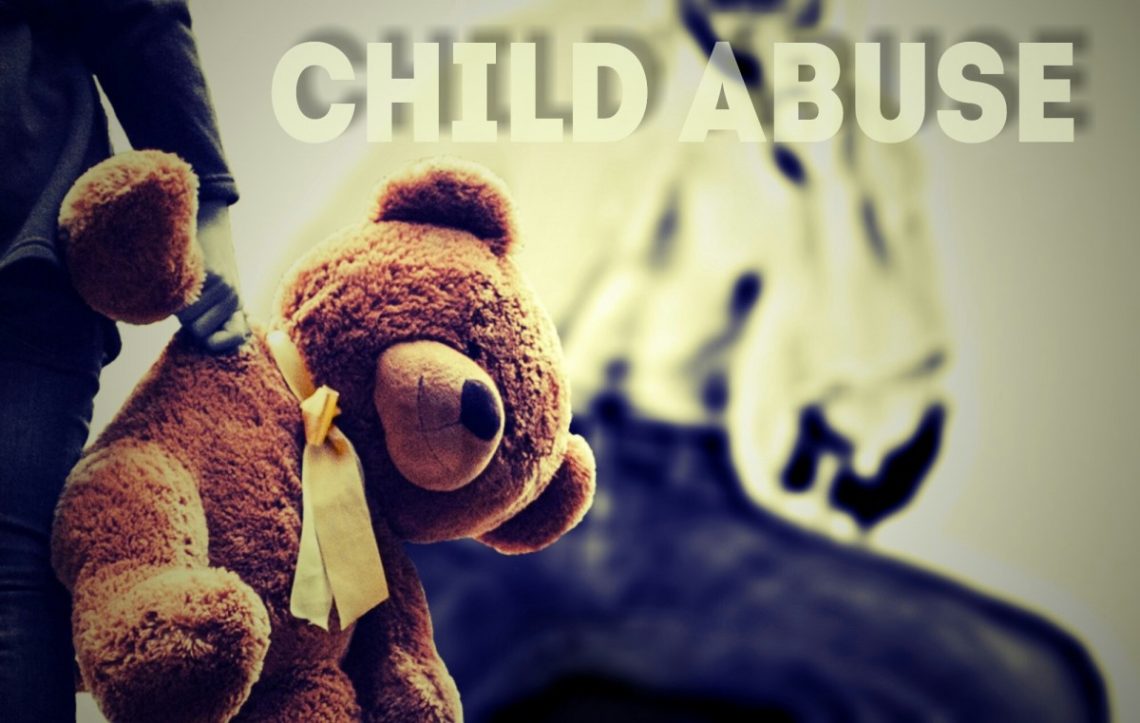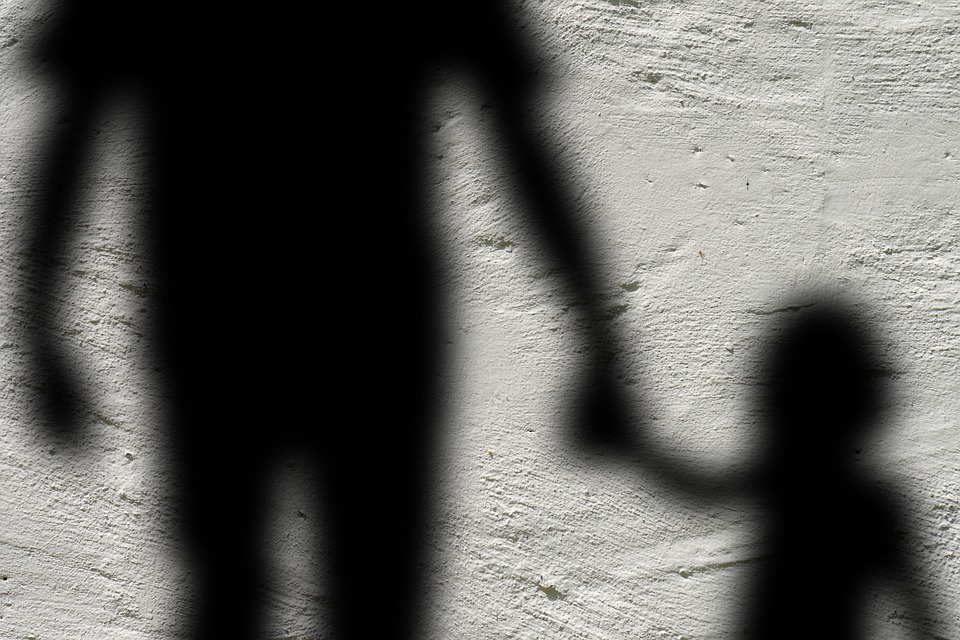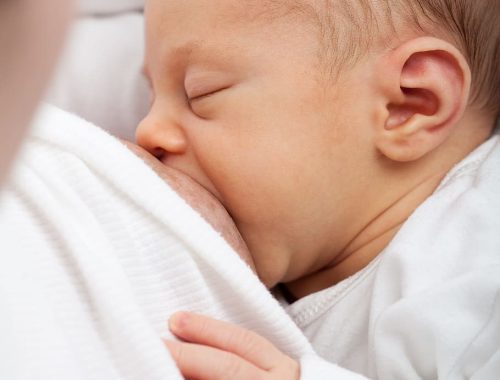
What Are the Penalties for Child Abuse
What Are the Penalties for Child Abuse
An abused child is one who is abused, neglected, or mistreated with physical and psychological consequences. There are several types of child abuse, including physical abuse, psychological abuse, and sexual abuse.
Good to know: the law states that parental authority is exercised without physical or psychological violence.
Obligation to report cases of child abuse
Anyone who knows of an abused or suspected abused child must notify the medical, judicial, or administrative authorities. This is a legal obligation and can be done by:
– by going to the police station;
– in writing or by calling 911.
Professional secrecy prohibits the disclosure of information of a secret nature that has come to a person’s knowledge in the exercise of his/her profession under penalty of sanctions. However, there is a duty to lift this secrecy when the protection of the child is at stake. In this case, the professional cannot be prosecuted for violating professional confidentiality.
Child abuse: the educational assistance procedure
Many measures exist to protect children from all forms of abuse and to ensure their development. The educational assistance procedure is a judicial child protection measure. It is under the jurisdiction of the juvenile judge of the place where the father, mother, minor, guardian of the minor, or the person or service to whom the child has been entrusted resides, depending on the case. The Children’s Judge may take educational assistance measures in several instances:
– If the danger observed does not prevent the child from remaining at home, the judge may order an open educational action measure with regular meetings of the child and his family with educators, a psychiatrist, and a psychologist, obligations imposed on the parents, etc.
– When the family situation has very deteriorated, the judge may order a placement measure:
◦ either with private individuals (other family members, foster family, etc.);
◦ or in specialized educational services (children’s homes or other institutions).
Rights of the parties in the case of child abuse

Justice allows everyone to defend their interests in any proceedings. However, the goal is to protect the best interests of the child.
Information and hearing of the parties
The judge must notify the public prosecutor and the father, mother, guardian, person, or service to whom the child has been entrusted of the proceedings. The parties have the right to choose a lawyer and have the opportunity to consult the file.
The juvenile judge shall hear the father, mother, guardian, person, or service to whom the minor has been entrusted and the minor capable of discernment.
Complaint by the child for abuse
Without asking for anyone’s consent, a child victim has the right to file a complaint about an assault suffered. He can:
– call 911;
– contact the gendarmerie or the police, the magistrates or the educators.
Rules of prescription following an act of child abuse
Cases of child abuse benefit from extended prescription periods. In criminal matters, the statute of limitations is a period at which any prosecution against the perpetrator of an offense is impossible. That is to say that the complaint can take place years after the facts. For crimes committed on a minor (rape, for example), the victim can act until he/she is 48 years old. The calculation is made from the age of 18, and then the limitation period for sexual crimes committed against minors is added, i.e., 30 years.
For offenses committed on a minor (sexual touching, for example), the victim can act until 28. The calculation is made from the age of 18, and then the limitation period for offenses is added, i.e., 10 years.
Moreover, the prescription period of rape, a sexual assault, or a sexual violation of a minor can be extended if the same author rapes or sexually assaults another minor until the prescription date of this new offense.
You May Also Like

How To Raise An Absolute Bookworm?
2021-08-19
Which Food Supplements for Your Child?
2023-04-28

